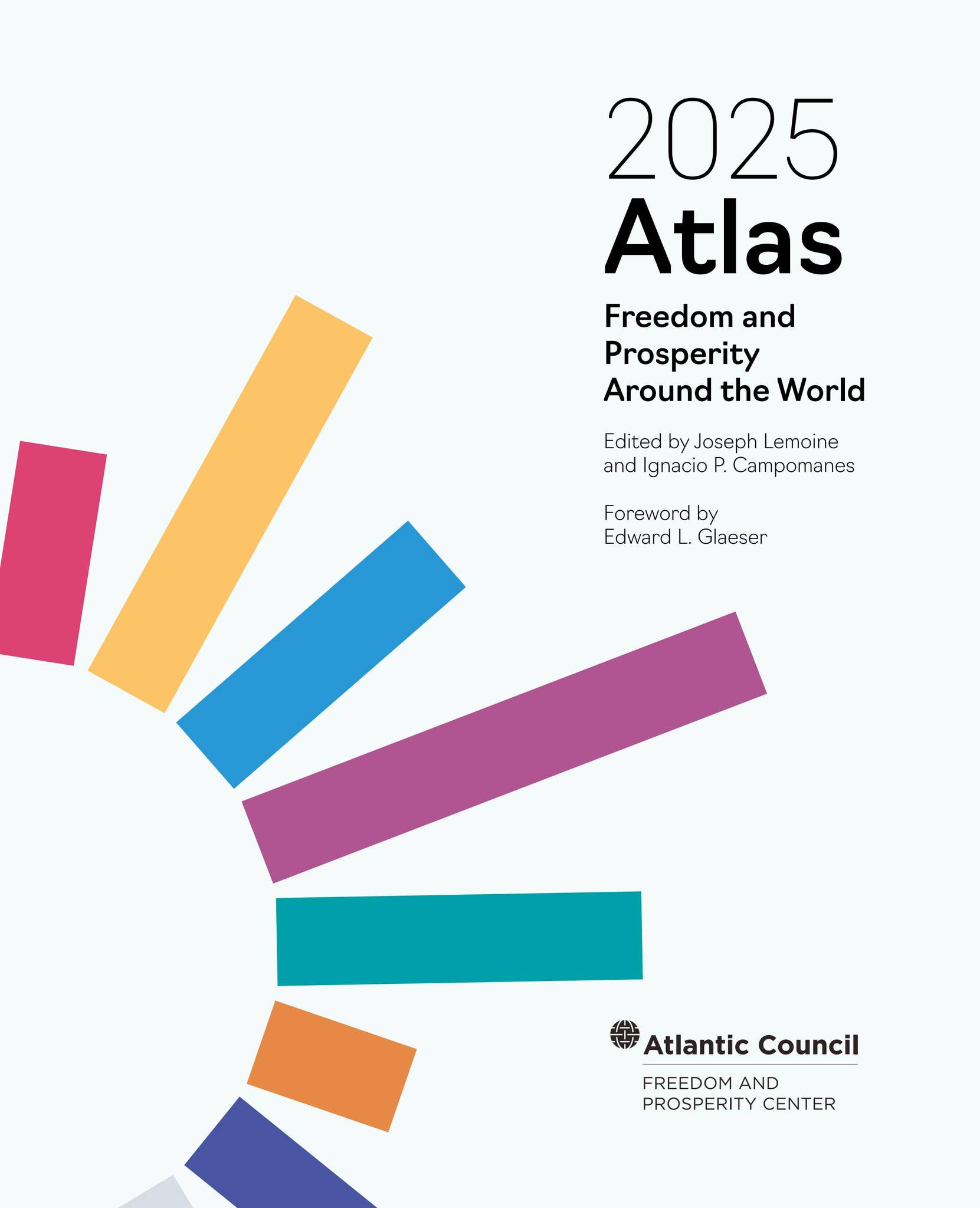Driving Methane Reduction: Nigeria’s Oil and Gas Sector Unites for Sustainable Change
Nigeria’s oil and gas industry is entering a pivotal phase as stakeholders rally to address the pressing challenge of methane emissions. Recognizing the environmental, economic, and health impacts of methane, a potent greenhouse gas, industry leaders, government officials, and environmental advocates are collaborating to implement effective mitigation strategies that promise a cleaner and more sustainable future.
The Importance of Methane Management in Nigeria’s Energy Landscape
Methane, known for its significant heat-trapping capacity, is a major contributor to global warming. In Nigeria, the oil and gas sector is one of the largest sources of methane emissions due to gas flaring, leaks, and operational inefficiencies. The consequences of unchecked methane release extend beyond environmental degradation, affecting public health and compromising Nigeria’s commitment to international climate agreements.
Addressing methane emissions is therefore critical not only for ecological balance but also for improving Nigeria’s global standing and securing investment in a green economy.
Collaboration Among Stakeholders: A Unified Response
The fight against methane pollution has gained momentum through coordinated efforts involving diverse stakeholders, including oil and gas companies, regulatory bodies, civil society organizations, and international partners. This coalition is dedicated to promoting transparency, innovation, and accountability across the sector.
Initiatives focus on advanced leak detection and repair (LDAR) programs, upgrading infrastructure to prevent gas escapes, and adopting best practices aligned with global standards. These concerted actions aim to reduce methane emissions significantly while enhancing operational efficiency and profitability.
Innovative Technologies and Policy Frameworks
Technological advancements play a crucial role in methane mitigation. Nigeria is increasingly investing in satellite monitoring, infrared cameras, and continuous emissions sensors to identify and quantify leaks swiftly. These tools enable real-time data collection, facilitating prompt responses and informed decision-making.
Complementing technological adoption, policy reforms are underway to strengthen regulatory oversight and enforce stricter methane emission limits. The government’s commitment to integrating methane management within its environmental policies underscores a strategic shift towards sustainable energy production.
Benefits Beyond Environmental Impact
Reducing methane emissions offers multifaceted benefits. Environmentally, it curbs greenhouse gas accumulation and contributes to Nigeria’s national targets under the Paris Agreement. Economically, capturing methane that would otherwise be wasted improves resource utilization, creating new revenue streams and reducing operational costs.
Socially, mitigation efforts enhance community health by lowering air pollution levels and supporting livelihoods through job creation in new technology sectors.
Challenges and the Road Ahead
Despite promising advances, methane mitigation in Nigeria faces obstacles including infrastructural limitations, financing gaps, and the need for greater stakeholder coordination. Overcoming these hurdles requires sustained commitment, capacity building, and leveraging international support.
Continuous monitoring, transparent reporting, and community engagement will be essential to maintain momentum and ensure that methane reduction efforts translate into tangible outcomes.
Conclusion: A Path Toward Sustainable Energy and Climate Resilience
The collaborative movement to reduce methane emissions in Nigeria’s oil and gas sector marks a significant step toward environmental stewardship and climate resilience. By embracing innovative technologies, strengthening policies, and fostering partnerships, Nigeria positions itself as a leader in responsible energy production.
This unified approach not only mitigates harmful emissions but also unlocks economic opportunities and promotes healthier communities. The journey ahead demands persistent dedication, but the potential rewards, a cleaner environment, enhanced energy efficiency, and global climate contributions, make it an imperative mission.
For more news: africaciviclens.com
Table of Contents




